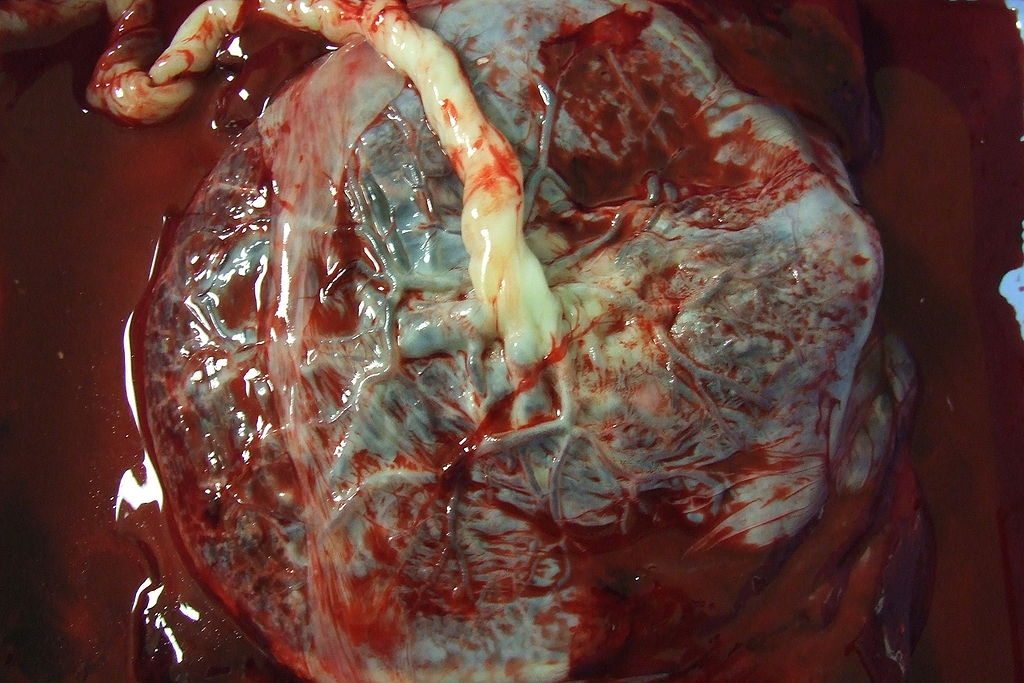Category: Obstetrics & gynecology
G-Spot Discovered? Not So Fast!
Is this the G-Spot? The press release proclaims “Study Confirms Anatomic Existence of G-Spot.” The study itself is titled “G-Spot Anatomy: A New Discovery.” It was just published in The Journal of Sexual Medicine. The author, Adam Ostrzenski, is an “internationally renowned gynecologic surgeon” with multiple degrees (MD, PhD, Dr Hab) and many peer-reviewed articles listed in PubMed. The G-spot, or Gräfenberg...
Acupuncture, Infertility, and Horrible Reporting
An article (and associated news video clip) from ClickOn in Detroit is titled “Alternative treatment helps Michigan doctor beat infertility.” This is a misleading title, and the report is an example of poor science reporting. Was she infertile? The patient in question was a 33-year-old family practice doctor who believed she was infertile. By definition, infertility is failure to conceive after a...
Birth Control
From a message posted on Facebook: Is the pill safe? The International Agency for Research on Cancer in a 2007 study made by 21 scientists reported that the pill causes cancer, giving it the highest level of carcinogenicity, the same as cigarettes and asbestos. It also causes stroke, and significantly increases the risk of heart attacks. Several scientific journals have stated that...
Menstrual Synchrony: Do Girls Who Go Together Flow Together?
When women live together, do their menstrual cycles tend to synchronize? It’s been a long time since I first heard that claim. I didn’t believe it, for a number of reasons. I had never observed it myself, I saw no plausible mechanism to explain how it could happen, I thought the statistics to prove it would be problematic and complicated, and I...
Are Prenatal Ultrasounds Dangerous?
Several questionable sources are spreading alarms about the possible dangers of prenatal ultrasound exams (sonograms). An example is Christine Anderson’s article on the ExpertClick website. In the heading, it says she “Never Liked Ultrasound Technology.” [She] has never been sold on the safety using Ultrasounds for checking on the fetuses of pregnant women, and for the last decade her fears have been confirmed...
What to Expect When You’re Expecting
A correspondent asked me to review the book What to Expect When You’re Expecting by Heidi Murkoff and Sharon Mazel. She wrote “I’m very worried about this book.” She had just seen an NPR article about the book and was alarmed because it provided an excerpt from the book recommending that patients with morning sickness “Try Sea-Bands” and “Go CAM Crazy.” She knew from...

Eating Placentas: Cannibalism, Recycling, or Health Food?
After giving birth, most mammals eat the afterbirth, the placenta. Most humans don’t. Several hypotheses have been suggested as to why placentophagy might have had evolutionary survival value, but are there any actual benefits for modern women? Placentophagy has been recommended for various reasons, from nutritional benefit to preventing postpartum depression to “honoring the placenta.” In other cultures, various rituals surround the...
Questioning the Annual Pelvic Exam
A new article in the Journal of Women’s Health by Westhoff, Jones, and Guiahi asks “Do New Guidelines and Technology Make the Routine Pelvic Examination Obsolete?” The pelvic exam consists of two main components: the insertion of a speculum to visualize the cervix and the bimanual exam where the practitioner inserts two fingers into the vagina and puts the other hand on...
Childbirth Without Pain: Are Epidurals the Answer?
Is unmedicated natural childbirth a good idea? The American College of Obstetrics and Gynecology (ACOG) points out that There is no other circumstance in which it is considered acceptable for a person to experience untreated severe pain, amenable to safe intervention, while under a physician’s care. It is curious when an effective science-based treatment is rejected. Vaccine rejecters have been extensively discussed...
Home Birth Safety
More and more American women (1 in 200) are opting for home birth, and midwife-assisted home birth is common in other developed countries. How safe is it compared to birth in a hospital? A new study sheds some light on the subject. It was recently published in the American Journal of Obstetrics and Gynecology: Maternal and newborn outcomes in planned home birth...

